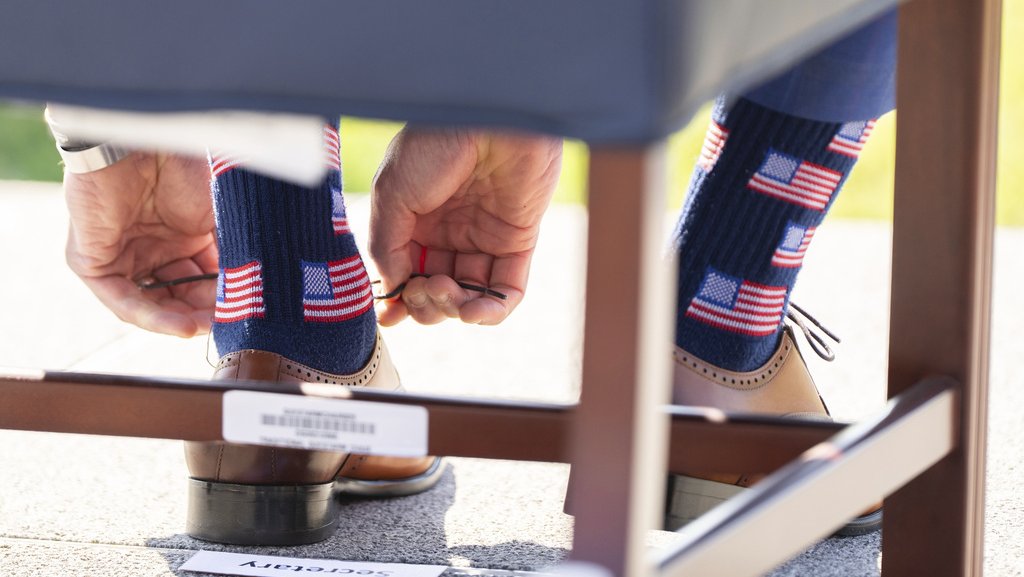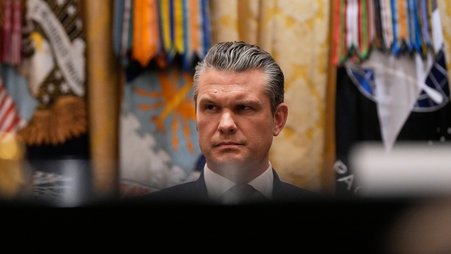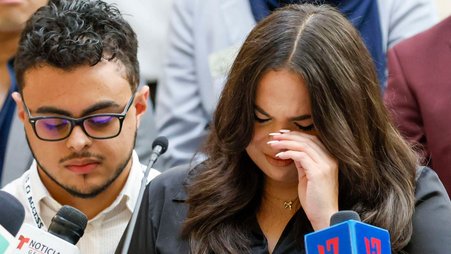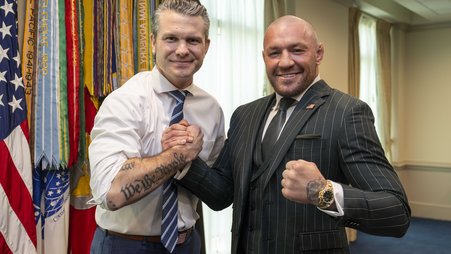The Pentagon faced bipartisan backlash for its ridiculous policy requiring journalists to agree not to obtain or report “unauthorized” information. Now, in a response to an inquiry from the Reporters Committee for Freedom of the Press, officials are trying to walk it back.
They claim the rules were intended to restrict Pentagon staffers from giving unauthorized information to journalists, not to restrict journalists from printing “unsolicited” tips they’re given. We’re not buying it. We commend RCFP for getting the Pentagon to elaborate on the policy — but, despite lots of legalese and doublespeak, its clarifications are mostly meaningless.
As an initial matter, a policy solely aimed at government employees would not need to be distributed to or acknowledged by journalists. To the extent that the government is permitted to keep information secret, the Supreme Court says that’s the government’s responsibility — officials aren’t entitled to shift the burden to reporters to keep their secrets for them. Even crediting the Pentagon’s explanation, the memo was clearly intended to do exactly that. It sends a message to the press, and that message is “tread carefully.”
Nor can the government restrict the press to publishing unsolicited tips. News doesn’t fall from the sky into reporters’ laps. Reporters are entitled to ask questions, cultivate sources, and seek out news (otherwise known as reporting), as long as they don’t break the law in doing so. That’s the job description — they’re journalists, not stenographers.
Journalists should not agree to this ridiculous policy in exchange for … what, exactly? The honor of being lied to at news conferences?
The Pentagon’s position seems to draw from the Supreme Court case Bartnicki v. Vopper, which held that journalists can obtain information given to them by sources that obtained it illegally as long as the journalists didn’t themselves participate in the illegality. By soliciting information from sources, the Pentagon’s reasoning apparently goes, journalists participate in the sources’ violations of Pentagon policy.
But nothing in Bartnicki limits constitutional protection to unsolicited information — the only exception it acknowledges is when journalists participate in a source’s illegal acts (in that case, an unlawful wiretap). There is no analogous underlying illegality here.
The whole purpose of the First Amendment is so that the government can’t stop journalists from publishing what the government does not want published. We wouldn’t need a constitutional right to publish what the government authorizes to be released — the government would have no reason to try to prevent that.
That’s the fundamental point that seems entirely lost on this administration. The press exists to hold it accountable, not to keep its secrets or do its bidding.
The other point Pentagon officials are missing – as their response to RCFP makes clear — is that they’re not entitled to scream “national security” like magic words when they want the First Amendment to disappear. The response, disturbingly, reserves the right for the administration to unilaterally deem reporting a national security danger after the fact and punish reporters for it.
But as the Pentagon Papers case made extremely clear, that’s not how it works: “The word ‘security’ is a broad, vague generality whose contours should not be invoked to abrogate the fundamental law embodied in the First Amendment.” And that was a case involving a specific set of documents alleged to pose a danger — not a vague reservation of rights to declare hypothetical documents a threat.
Of course, an administration headed by a president who just called upholstered furniture a national security threat cannot be trusted to invoke national security responsibly. It has claimed the right to deport journalists, activists, and op-ed writers who disagree with, or merely report or comment on its policies. The president has said that when officials want a journalist to give up sources, they can just “tell the reporter, ‘National security’.”
The Trump administration considers anything that threatens to harm its reputation or expose its lies (or, apparently, makes office chairs more comfortable) a threat to national security. It considers the First Amendment and free press themselves threats to national security.
The Pentagon is essentially shifting its position from, “You can’t report anything we didn’t authorize you to report” to “You can’t report anything we didn’t authorize you to report unless we decide after the fact in our sole discretion that it’s OK.” That should not provide much comfort to journalists. They certainly should not agree to this ridiculous policy in exchange for … what, exactly? The honor of being lied to at news conferences?





